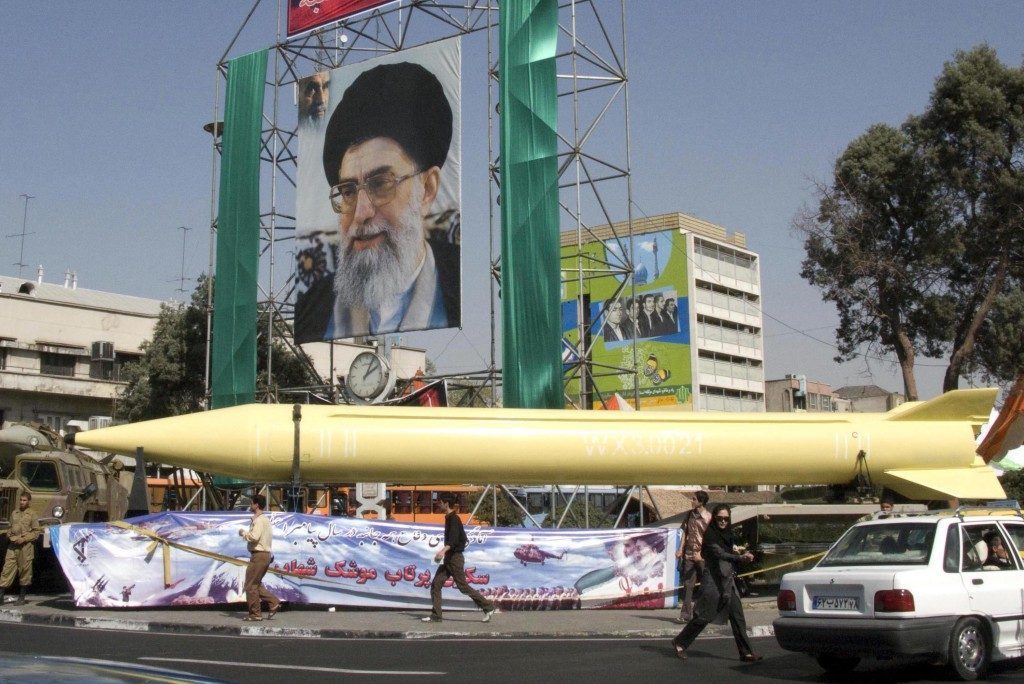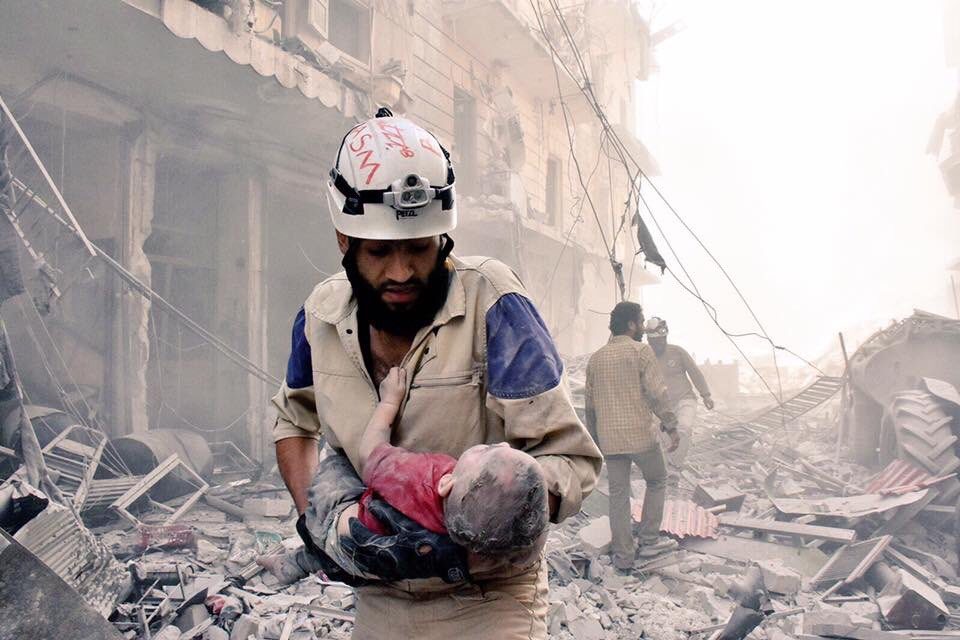
Iran on Sunday carried out a test launch of a medium-range ballistic missile in a clear challenge to the US after Trump’s visa ban for Iranian, as France defended the nuclear deal and promised to keep it.
Barack Obama, The former US leader, was behind the historic Iran nuclear deal with P5+1 powers, agreed upon last year, which saw Tehran agree to amend its nuclear output in order to lift all nuclear-related economic sanctions, freeing up tens of billions of dollars in oil revenue and frozen assets.
After lifting the sanctions, Iranian president Hassan Rouhani visited Europe and made deals that worth billions of dollars. European companies started looking for investment opportunities in the growing Iranian market.
However, Trump’s election might change the whole game and threaten the development that was built in the past months.
Trump has said during his election campaign that the deal as “disastrous” and said it would be his “number one priority” to dismantle it.
These threats became clearer after Trump’s inauguration, as he signed an executive order temporarily barring thousands from seven countries in the Middle East and Africa, including Iran, from obtaining visas to travel to the United States.
A ballistic missile test
a U.S. official said on Monday that the test was carried out from a site near Semnan, east of Tehran. The official added that the last time this type of missile was test launched was in July 2016.
The White House said it was aware that Iran had tested a missile.
“We’re looking into that. We’re aware that Iran fired that missile. We’re looking into the exact nature of it, and I’ll try to have more for you later,” White House spokesman Sean Spicer said during a press briefing.
A defense official said that the missile test ended with a “failed” re-entry into the earth’s atmosphere. The official, speaking to The Associated Press, had no other details, including the type of missile. The official was not authorized to discuss the matter and spoke on condition of anonymity.
Iran is the subject of a United Nations Security Council resolution prohibiting tests of ballistic missiles designed to deliver a nuclear warhead. As part of the 2015 nuclear deal, the U.N. ban was prolonged by eight years, although Iran has flaunted the restriction.
State Department spokesman Mark Toner said on Monday that the U.S. was looking into whether the ballistic missile test violates the U.S. Security Council resolution.
“When actions are taken that violate or are inconsistent with the resolution, we will act to hold Iran accountable and urge other countries to do so as well,” Toner said.
It was not immediately clear whether the test launch violated a United Nations Security Council resolution calling upon Iran not to carry out activity related to ballistic missiles capable of delivering nuclear weapons.
Senator Bob Corker, chairman of the U.S. Senate Foreign Relations Committee, condemned Iran on Monday and said he would work with other lawmakers and President Donald Trump’s administration to hold Iran accountable.
However, Foreign Minister Jean-Marc Ayrault said that Iran was abiding the nuclear deal terms. In addition, he promised to defend it and prevent canceling it.
Ayrault said it was in the “common interest” that the 2015 accord under which Iran agreed to curb its nuclear program in return for lifted sanctions was obeyed.
“I’m coming as the defender of the accord, but to be vigilant and explain that they (the Iranians) must be irreproachable,” Jean-Marc Ayrault told reporters after landing in Tehran.
“We harbor real concerns about the U.S. administration’s attitude towards this agreement,” he said.



